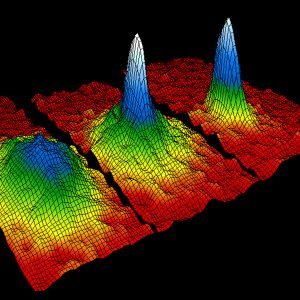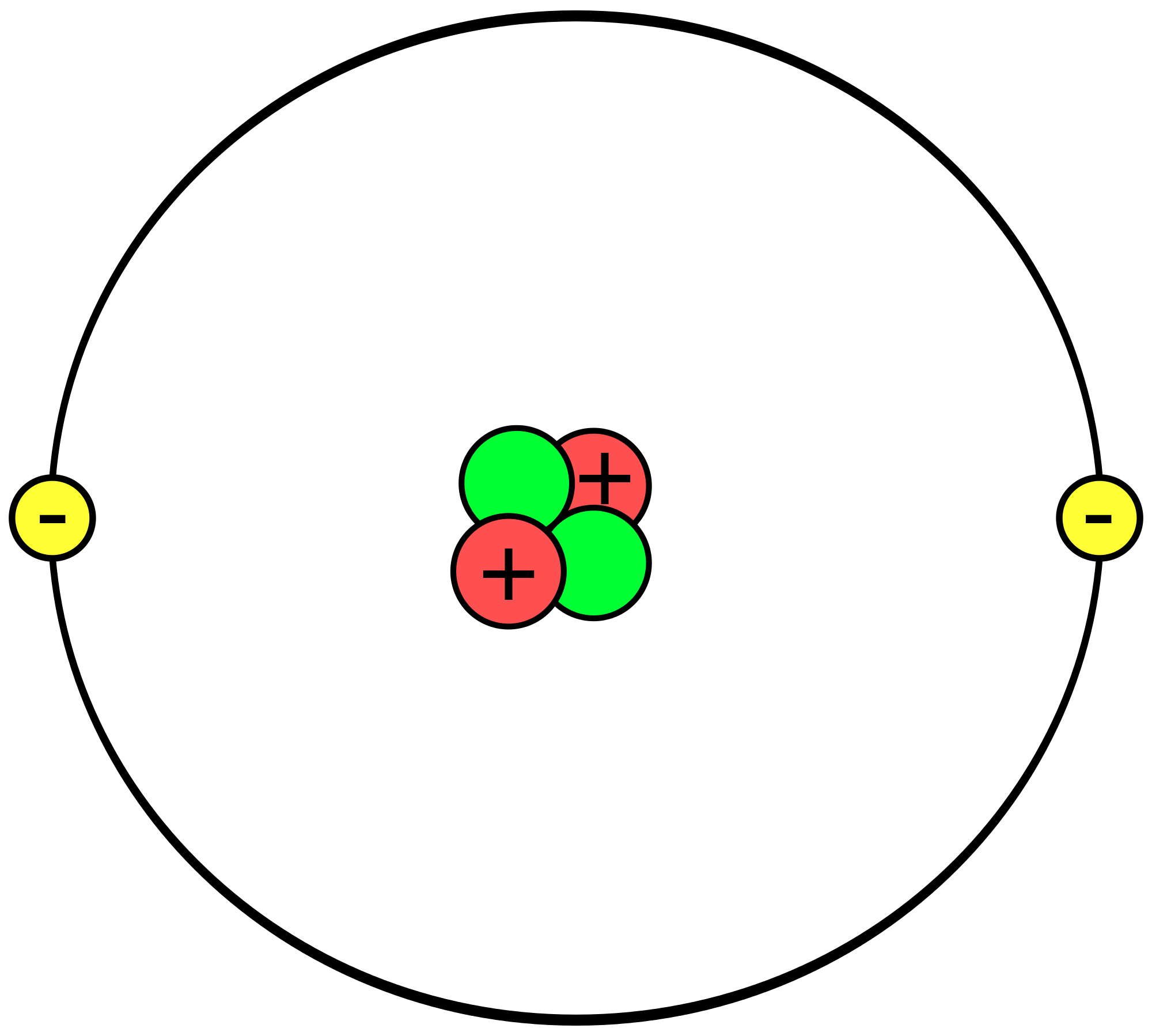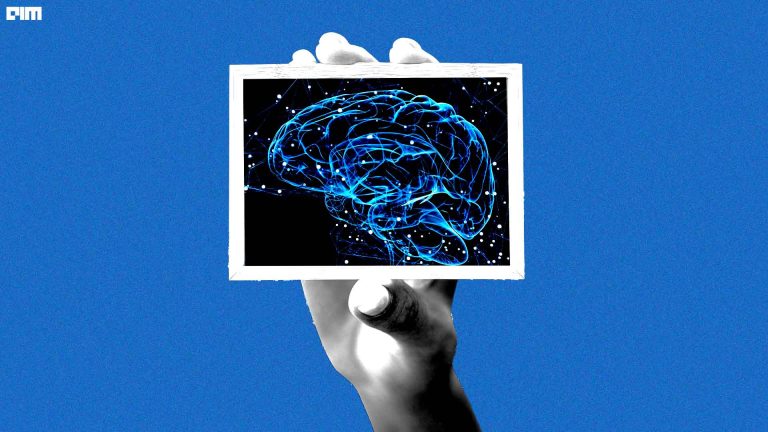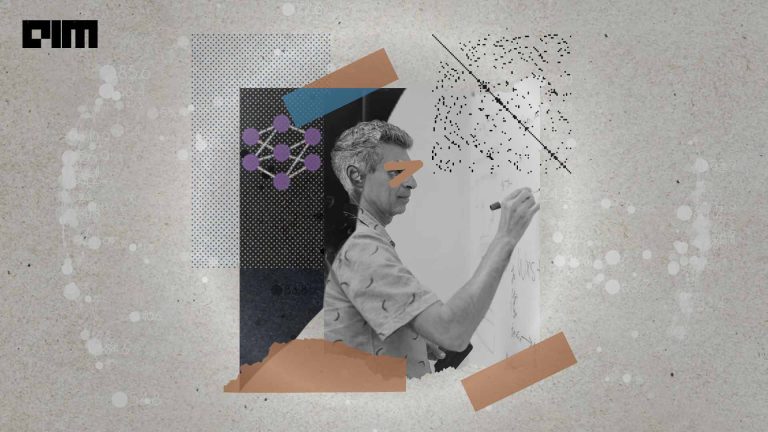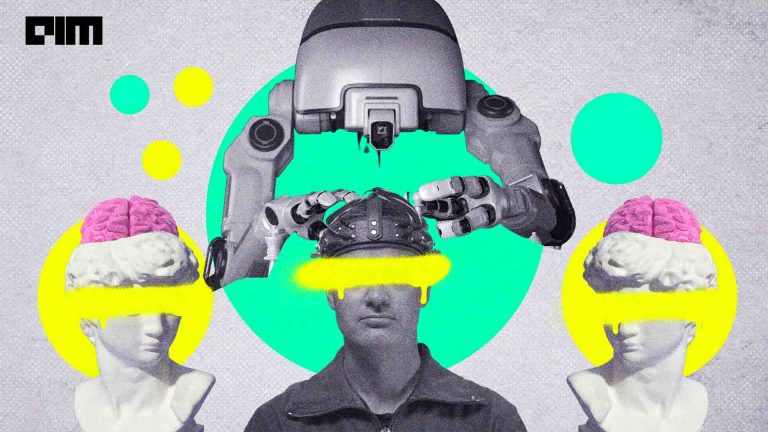Artificial Intelligence has begun to make its mark in the fields of science, including physics, to solve some of the greatest problems that are otherwise difficult, time-consuming, or even impossible for humans. This article lists some of the application areas in physics where artificial intelligence has been largely explored.
Particle Physics: AI is used in high-energy physics problems. One of the biggest physics discoveries, the Higgs boson particle or “God particle”, was discovered using the neural network. Researches at the Large Hadron Collider (LHC) have to deal with millions of data each day and go through and analyse it manually, which is a very tedious process. Also, particles like the Higgs boson, or any other particle of a great discovery for that matter, lies in the noise of this data. A processor of quantum computer called the annealer helped the LHC to detect this particle. This processor, along with the neural network helps to detect patterns in particle collisions. Without AI the discovery was completely impossible because the half lifetimes of these particles are very small, and so they decay very quickly.
Feynman diagram calculations and gauge theory calculations also take help of the AI.
[su_divider top=”no” size=”1″]
Statistical Physics: Bose-Einstein condensate, the experiment for which a Nobel Prize was won in 2001, was repeated in 2016, but this time with the aid of AI. The research team cooled the gas to around 1 microkelvin and gave the control of the lasers to the AI system which was supposed to cool the trapped gas to orders of nanokelvin. The AI could do the whole experiment in a span of less than an hour.
The condensate is extremely sensitive to disturbances so they can make precise measurements like gravity and applications like developing optical lattice is possible. This was first predicted theoretically by Indian physicist Satyendra Nath Bose.
[su_divider top=”no” size=”1″]
Astrophysics: Gravitational Waves, another Nobel prize winner, is one the most recent biggest discovery in the area of Astrophysics. Studies have been going on find out more Gravitational Wave signatures using AI, via deep learning algorithms.
Bending of light due to gravity called gravitational lensing can also be found out using neural networks. Researches have designed convolution neural networks, capable of analysing images. This architecture had presented 761 candidates for gravitational lensing. This research can also answer questions on one of the most mystifying phenomena of dark matter.
[su_divider top=”no” size=”1″]
Nuclear Physics: Neural networks are also capable of representing ground state wavefunctions. Machine learning tools used in condensed matter and statistical physics to implement various algorithms.
Using AI algorithms such as artificial neural networks and support vector machines, models have been developed with nuclear physics properties like atomic mass number, neutron separation energies, ground state spin and parities, neutron capture rates, branching probabilities in different decay channels and beta-decay half lives, to determine the properties of exotic and halo nuclear systems. Neural networks have also helped in identifying electrons and in determining heavy quarks.
[su_divider top=”no” size=”1″]
Quantum Mechanics: Schrodinger’s equation, to find the ground state energy, which is the lowest possible energy of a particle in a one-dimensional box, can be solved with deep learning. Quantum state is a wavefunction showing the probability of what is most probable state that the particle can be found in. Quantum computers are another breakthrough that the Physics and AI have been able to achieve together, bringing into the world the most powerful computers ever.
Neural networks are also capable of representing ground state wavefunctions.
[su_divider top=”no” size=”1″]
Material Science: Researches at the Northwestern University discovered three new glass-forming systems using AI. Performing experiments for this would have taken them a lot of hours. With the use of AI algorithms, they could come up with the glass-forming systems in no time. This can speed up the process of detecting new particles, saving a lot of time of the experiments involved. Similar algorithms will also help NanoScience. With the help of tools from UNSILO, Springer Nature has made a number of data available for NanoScience for discovering new materials.
[su_divider top=”no” size=”1″]
Atmospheric Physics: The application of AI in Atmospheric Physics involves the use of algorithms like neural networks, Decision trees and Fuzzy logic, a subset of AI, is largely used in this area. Problems like understanding the mechanism of pollution, identifying cyclones can be addressed using algorithms of AI like Self Organizing Maps and Clustering. It is difficult for humans to identify these challenges on their own. AI helping in quicker, more reliable weather forecasts, can give better weather forecasts.
Although AI has led to a lot of discoveries in Physics, Physics also boosts the AI methods in a lot of ways. Quantum computers, for instance, work on the essence of quantum physics rules. A lot of methods in the sector of AI have been learnt from the fundamental laws of Physics and both the researches complement each other in the most to remarkable way, beneficial to mankind, to make newer and more exhaustive breakthroughs in Science and Technology.







